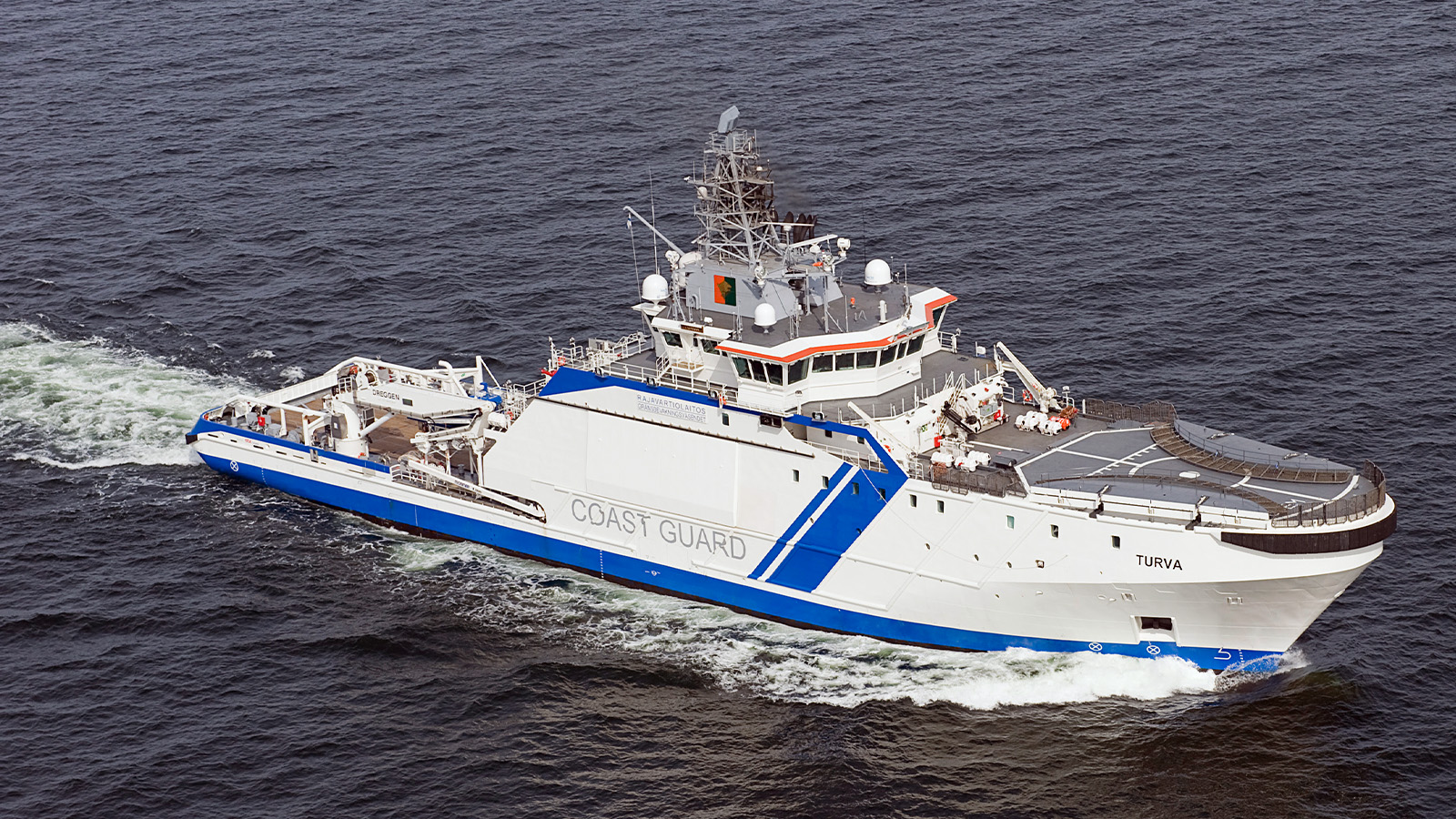
Finland has stopped and boarded a ship suspected of causing damage to the Estlink 2 undersea power cable and three other internet lines on Christmas Day. The Cook Islands-registered oil tanker, called Eagle S, is owned by Caravella LLCFZ, which is based in the United Arab Emirates, and is apparently the only vessel that the company owns. At the time of the stop, the Financial Times said that the ship was carrying oil from Russia to Egypt and that public records placed it over the damaged cable during the time of the outage.
Sources say that the Eagle S is part of Russia’s shadow fleet, composed of old and dilapidated oil tankers. These vessels are registered in and owned by corporations based in other countries, and Russia uses them to circumvent international sanctions on its oil exports. Because of this most recent event, Finnish President Alexander Stubb posted on X (formerly Twitter) yesterday, “We must be able to prevent the risks posed by ships belonging to the Russian shadow fleet.”
There has been a string of damage and disruptions to subsea infrastructure in the Baltic Sea in the past couple of years since Russia invaded Ukraine. The last major incident before this latest development occurred in mid-November, when the Yi Peng 3, a Chinese bulk carrier traveling from Ust-Luga, Russia, to Egypt, a route similar to that which the Eagle S is taking, was suspected of deliberately dragging its anchor across the seabed to damage an undersea internet cable connecting Sweden and Lithuania on November 16. The ship is then thought to have done the same maneuver the following day, cutting the C-Lion1 communications cable between Finland and Germany.
Estonian Foreign Minister Margus Tsahkna said that these incidents are becoming so frequent that they are unlikely all caused by accidents or operator error. “We must understand that damage to submarine infrastructure has become more systematic and thus must be regarded as attacks against our vital structures,” he said.
Finnish authorities are currently investigating the matter. They have boarded the ship in the Baltic Sea and sailed it to its territorial waters. They’ve discovered that the ship’s anchors are missing, which the ship’s crew likely used to damage the undersea infrastructure. “From our side, we are investigating grave sabotage, “says Finnish National Bureau of Investigation Director Robin Lardot. He also adds, “According to our understanding, an anchor of the vessel that is under investigation has caused the damage.
This isn’t the first time that a network connection between Finland and Estonia has been affected by a disruption. Just last year, the Balticconnector gas pipeline and several other internet and data cables connecting the two countries were damaged, with evidence pointing to a ship, suspected to be the Chinese cargo vessel NewNew Polar Bear, dragging its anchor to cause it.
Because of these events, NATO plans to deploy sea drones to monitor and protect its underwater infrastructure. Aside from that, 12 countries within the vicinity of the Baltic and North Seas, all of which are also members of NATO, are making moves to “disrupt and deter” Russia’s shadow fleet, helping enforce international sanctions and stop the flow of cash that allows Moscow fund its invasion of Ukraine. “We are also in touch with our other allies and partners to coordinate international cooperation,” says Tsahkna. “In addition to circumventing sanctions, the shadow fleet is a security threat in the Baltic Sea, and we cannot just sit and watch.”







